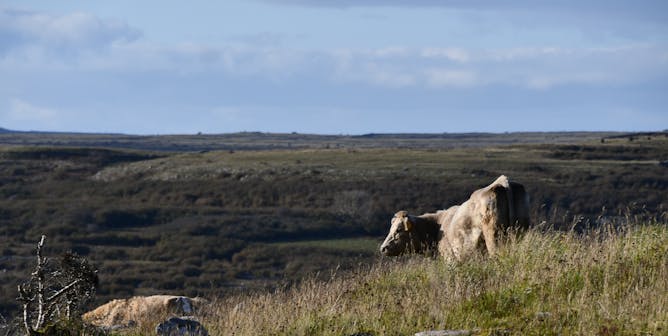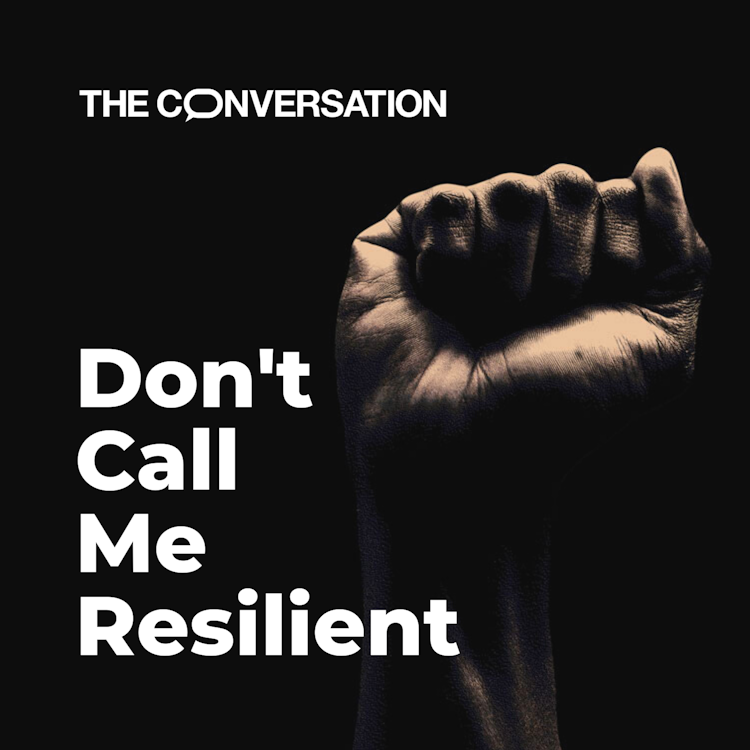|
The Liberal government’s Online Streaming Act claims to level the playing field between Canadian broadcasters and online streaming companies. But it could do more.
Black, Indigenous and racialized people — particularly women — are under-represented both on the screen and behind the scenes. When they are represented, it tends to be in superficial and stereotypical ways.
Today in The Conversation Canada, Sara Bannerman and Nawshaba Ahmed from McMaster University write about how broadcasting in Canada has work to do: While some Black, Indigenous and racialized groups strongly support the Online Streaming Act, some are calling for more: “from full funding and support for Black-owned and Indigenous media, to requirements to consult with Indigenous, Black and racialized communities.”
Bannerman and Ahmed conclude: “Racism and colonialism are not events but enduring structures written into law and media systems. Legislators should listen closely to what Black, Indigenous and racialized people and organizations are calling for.”
Also today:
Regards,
|

|
Haley Lewis
Culture + Society Editor | Producer, Don't Call Me Resilient
|
|

It’s past time to take a good hard look at the role broadcasting in Canada has played.
(Shutterstock)
Sara Bannerman, McMaster University; Nawshaba Ahmed, McMaster University
Racism and colonialism are not events but enduring structures written into law and media systems. Legislators should listen to what Black, Indigenous and racialized people are calling for.
|

A Ukrainain boy sits in a swing at a playground outside a building destroyed during attacks in Irpin, Ukraine, on the outskirts of Kyiv, in May 2022.
(AP Photo/Natacha Pisarenko)
David Roger Marples, University of Alberta
Ukraine is facing a struggle for survival. Its population could fall to 30 million by the time the war ends, with cities destroyed, crops expropriated and thousands already killed and wounded.
|

The Burren, in western Ireland, is home to a traditional regenerative system of cattle management known as winterage.
(Philip Loring)
Philip A Loring, University of Guelph
Industry seeks to capitalize on regenerative agriculture, but standards that focus only on carbon or other select environmental metrics will undermine its transformative potential
|

Ontario Federation of Labour rallies in May called for improving workers’ rights and repairing deep inequalities that have been highlighted and deepened by the pandemic.
THE CANADIAN PRESS/Cole Burston
Peggy Nash, Toronto Metropolitan University; Stephanie Ross, McMaster University
In this time of unrest, insecurity and fear, unions and their new, more diverse leadership offer a path to improving workers’ rights and repairing deep social and economic inequalities.
|

Whenever we eat, speak or yawn, the movement of our jaw deforms the ear canal. These deformations could be converted into electrical energy used to power in-ear technology.
(Shutterstock)
Michel Demuynck, École de technologie supérieure (ÉTS)
We have underestimated the energy potential of our ears: deformations in the ear canal could be used to power in-ear technologies.
|
La Conversation Canada
|

L’épilepsie se caractéristique principalement par la présence apparemment spontanée et récurrente de crises, souvent déclenchées par le stress ou un stimuli visuel.
(Shutterstock)
Jérémie Lefebvre, L’Université d’Ottawa/University of Ottawa; Taufik A. Valiante, University of Toronto
Les neurones situés dans les régions du cerveau responsables du déclenchement des crises d’épilepsie sont beaucoup moins diversifiés que les neurones des régions non responsables de celles-ci.
|
Ukraine Invasion
|
-
Frank Ledwidge, University of Portsmouth
Pledges by the US and UK to supply longer-range artillery is really good news for Ukraine, but bad news for the invading Russians.
-
Clementine Fujimura, United States Naval Academy
Can social media posts sustain Russia’s endangered dissident cultures?
|
|
Education
|
-
Craig Whitsed, Curtin University; Antonia Girardi, Murdoch University
Academics described their universities as exploitative, oppressive, toxic and fiscally driven. They felt themselves being dehumanised and demoralised by management. Most reported feelings of burnout.
|
|
Politics
|
-
Paul Whiteley, University of Essex
With 40 per cent of his MPs voting against his leadership, how realistic are the prime minister’s hopes for survival?
|
|
Science + Tech
|
-
Nicholas Ray, Nottingham Trent University
As the oceans warmed, great whites were more adaptable.
|
|
|
|
| |
| |
| |
| |

|
| |
| |
| |
| |
| |
| |
|
|